Explore how dehydration, cardiovascular disease, and other factors can contribute to low blood pressure. Discover effective strategies for managing it here.
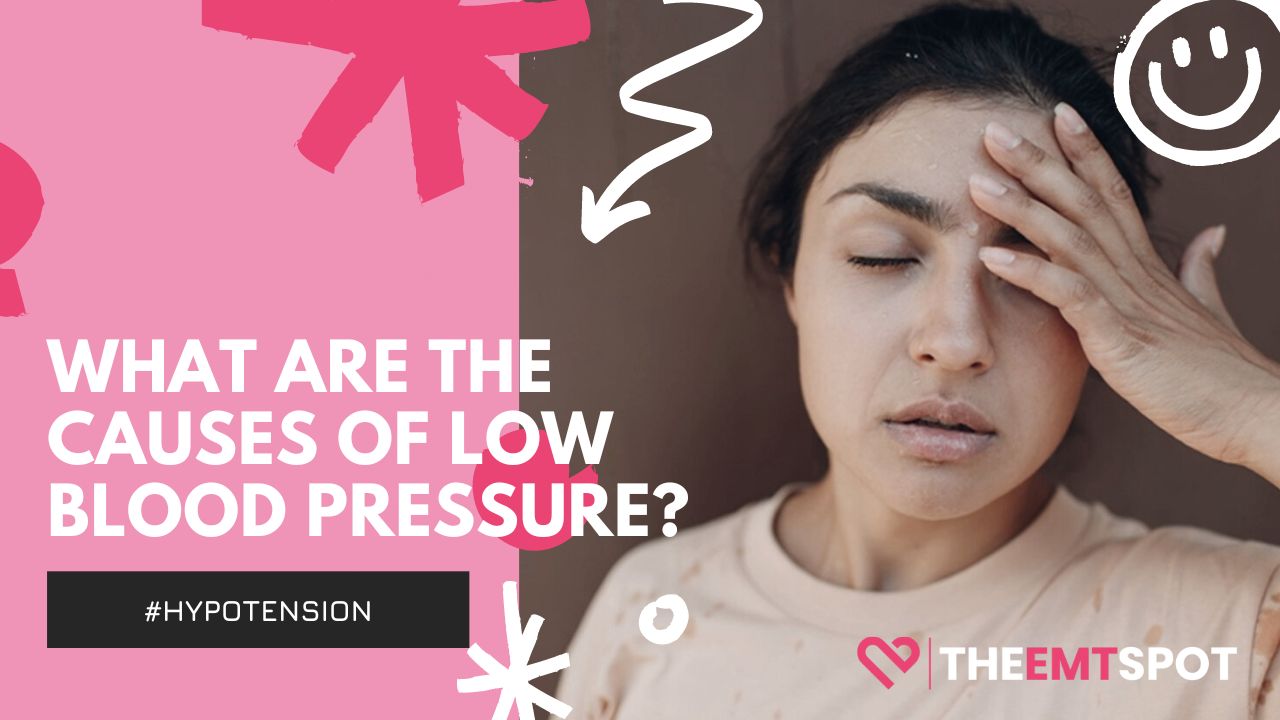
Quick Summary
- Contrary to popular belief that low blood pressure is a sign of a healthy heart, studies show that there is a risk of underlying health conditions associated with low blood pressure.
- Dehydration, cardiovascular disease, comorbidities, and nervous disorders are some major causes that can lead to low blood pressure.
- If the blood pressure is dangerously low, it is crucial to visit the hospital immediately and get proper medical care to boost the blood pressure.
- If the condition is not severe, finding a comfortable position, staying hydrated, elevating the legs, and consuming small meals can help alleviate the symptoms.
Low blood pressure (hypotension) is frequently regarded as an indication of a robust and properly functioning heart.
There is a common misconception that having low blood pressure implies a strong cardiovascular system and overall good health.
However, this assumption can be misleading and potentially dangerous. While low blood pressure can indeed be a normal variation for some individuals, it can also be a sign of an underlying cardiovascular disease or other health issues.
In certain cases, it can indicate a problem with the ability of the heart to pump blood effectively or a disruption in the overall balance of the cardiovascular system.
It is important to recognize the possible symptoms of low blood pressure or significant fluctuations, which should not be dismissed as harmless.
In this article, we will explore the various causes of low blood pressure, including underlying cardiovascular conditions, hormonal imbalances, and neurological disorders.
Smart heart care is the new approach to pursuing a healthy life, and as you continue reading, you will discover smart blood pressure monitors and natural blood pressure supplements.
Without further introduction, let us explore this article.
Contents
What Are The Causes Of Low Blood Pressure?
By understanding the various causes of low blood pressure and implementing appropriate management strategies, individuals can take control of their blood pressure levels and maintain overall well-being.
Regular blood pressure monitoring and regular follow-ups with healthcare providers are essential for accurate diagnosis, treatment, and ongoing management of low blood pressure.
Here are a few causes of low blood pressure:
1. Medications and low blood pressure
- Some medications can potentially induce low blood pressure as a possible adverse reaction.
- Diuretics, commonly prescribed to treat conditions like high blood pressure and heart failure, increase urine production and can lead to fluid loss and lowered blood volume.
- Other medications, such as alpha-blockers or certain antidepressants, can relax blood vessels, resulting in a drop in blood pressure.
- Maintaining close collaboration with your doctor is crucial for monitoring blood pressure levels and making any necessary adjustments to medication regimens.
2. Dehydration
- Dehydration happens when the body experiences a fluid deficit, causing a decrease in blood volume and resulting in low blood pressure.
- Causes of dehydration include inadequate fluid intake, excessive sweating due to intense physical activity or hot weather, vomiting, or diarrhea.
- It is crucial to ensure adequate hydration by consuming ample fluids, particularly water. Replenishing electrolytes lost during excessive sweating is also important, particularly during prolonged physical activity.
3. Diseases
- Heart-related conditions, such as heart failure, heart attacks, or problems with heart valves, can weaken the heart’s pumping ability and result in low blood pressure.
- Endocrine disorders like adrenal insufficiency or hypothyroidism can affect hormone production and blood pressure regulation.
- Neurological conditions like Parkinson’s disease or multiple system atrophy can disrupt the autonomic nervous system, which controls blood pressure.
4. Medical emergencies
- Septic shock, a severe infection that affects the whole body, can cause a rapid decrease in blood pressure due to an overwhelming immune response.
- Severe allergic reactions, referred to as anaphylaxis, have the potential to cause a rapid decrease in blood pressure, posing life-threatening risks.
- Internal bleeding or sudden blood loss, such as from an injury or ruptured blood vessels, can also result in a significant decrease in blood pressure.
- In such instances, prompt medical intervention is imperative to stabilize blood pressure and manage the root cause effectively.
5. Autonomic dysfunction
- It is characterized by an interruption in the normal functioning of the autonomic nervous system, which plays a critical role in controlling involuntary functions, including the regulation of blood pressure.
- Conditions such as autonomic neuropathy or dysautonomia can result in impaired blood pressure regulation and lead to low blood pressure.
- Proper diagnosis and management of this condition is the only way to prevent blood pressure from dropping below a dangerous level.
What To Do If You Have Low Blood Pressure?
If you experience low blood pressure, it’s crucial to take immediate action to manage the condition and prevent complications. Here are some steps you should consider:
- Sit or lie down: Find a comfortable position that allows blood flow to your brain and prevents dizziness or fainting. Avoid sudden movements.
- Stay hydrated: Ensure sufficient fluid intake, particularly water, to preserve proper blood volume and hinder further decrease in blood pressure.
- Elevate your legs: Whenever feasible, elevate your legs above the level of your heart to enhance blood circulation and promote better blood flow.
- Eat small, frequent meals: Consuming smaller meals throughout the day can prevent a sudden drop in blood pressure after eating.
- Wear compression stockings: These specialized stockings aid in enhancing blood circulation and averting the accumulation of blood in the legs.
- Avoid hot environments: Heat can lower blood pressure further, so it’s important to stay in a cool environment.
- Avoid alcohol and caffeine: These substances can contribute to dehydration and worsen low blood pressure symptoms.
What Are The Smart Ways To Treat Low Blood Pressure?
Effective heart health management involves monitoring blood pressure, exercising cardiovascular, monitoring caloric intake, and choosing appropriate supplements are a few steps to prevent low blood pressure.
Smart blood pressure monitors are becoming increasingly popular due to their ability to instantly update healthcare data to smartphones, enabling more efficient tracking of blood pressure readings.
QardioArm, Oxiline Blood Pressure X Pro, and CheckMe BP2 are three cutting-edge wireless and portable blood pressure monitoring devices that are clinically validated to measure blood pressure, heart rate, and irregular heartbeat.
These devices can be connected to your smartphone via Bluetooth or WiFi, providing a more interactive visualization of your heart health by recording your blood pressure, heart rate, SpO2, and other relevant metrics.
While blood pressure monitors help you assess your heart health, blood pressure supplements can play a crucial role in fortifying the heart and maintaining healthy blood pressure levels.
Blood Pressure Optimizer, Blood Pressure Support, and Circula BP are natural supplements that help maintain blood pressure, promote cardiovascular wellness and flush toxins.
With clinical doses of herbs and vitamins, these scientifically validated supplements provide anti-inflammatory benefits, safeguard the heart, enhance blood circulation, and maintain normal cholesterol levels.
Conclusion
Low blood pressure, although often associated with a healthy cardiovascular system, can also indicate underlying health issues.
It is crucial to recognize that low blood pressure should not be disregarded, particularly when accompanied by symptoms or fluctuations.
This article explored the causes of low blood pressure, including cardiovascular conditions, hormonal imbalances, and neurological disorders.
Smart heart care, including the use of blood pressure monitors and natural supplements, was emphasized as a proactive approach to maintaining a healthy life.
Understanding the causes and implementing appropriate management strategies, such as regular monitoring and follow-ups with healthcare providers, is essential.
Immediate actions to manage low blood pressure include finding a comfortable position, staying hydrated, elevating the legs, consuming small meals, wearing compression stockings, avoiding hot environments, and minimizing alcohol and caffeine intake.
By taking these steps, individuals can better manage low blood pressure and prevent complications.

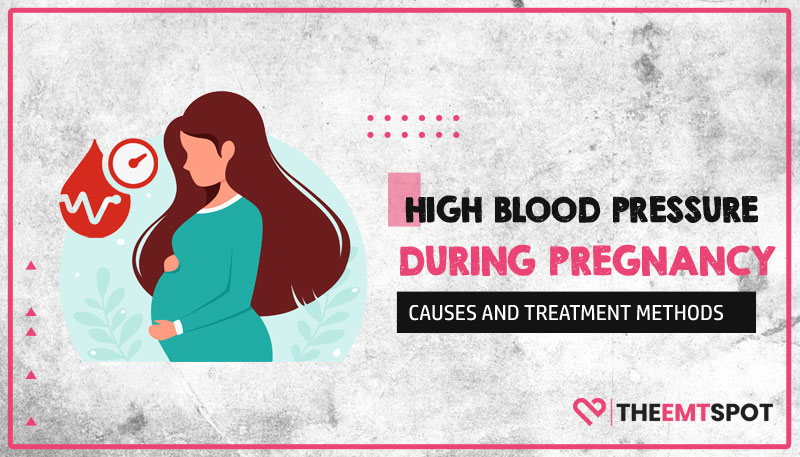
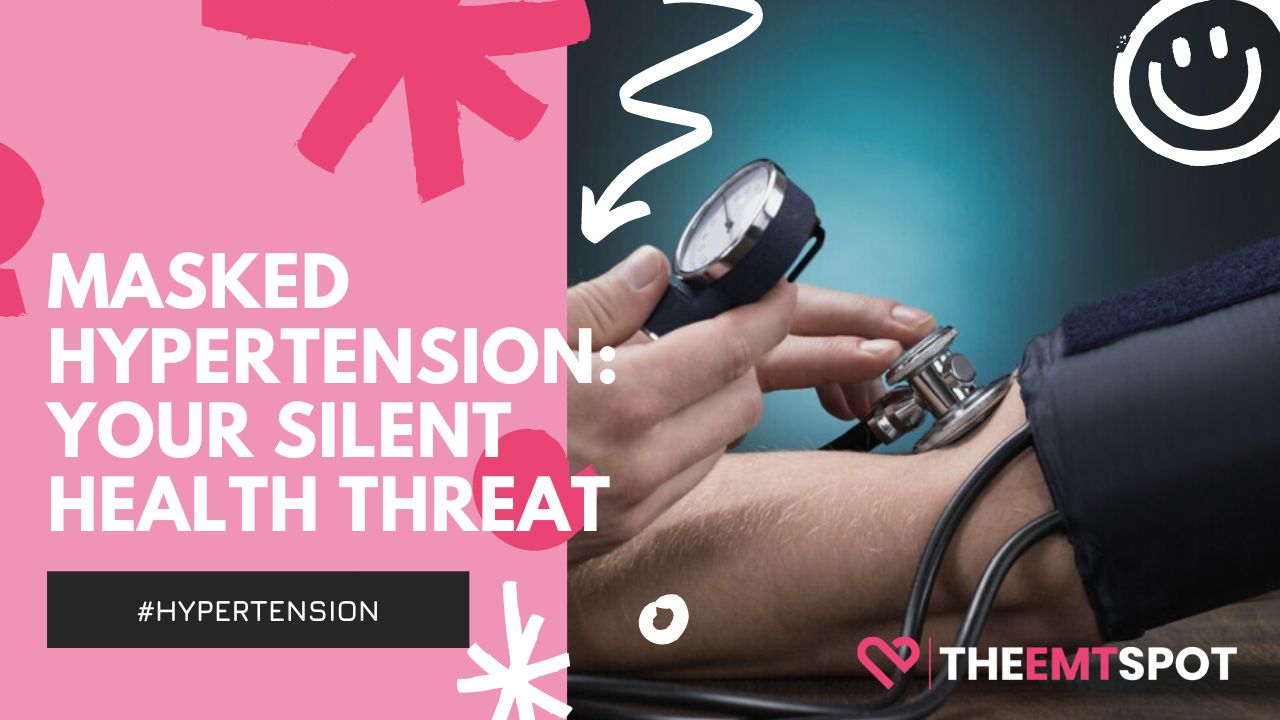
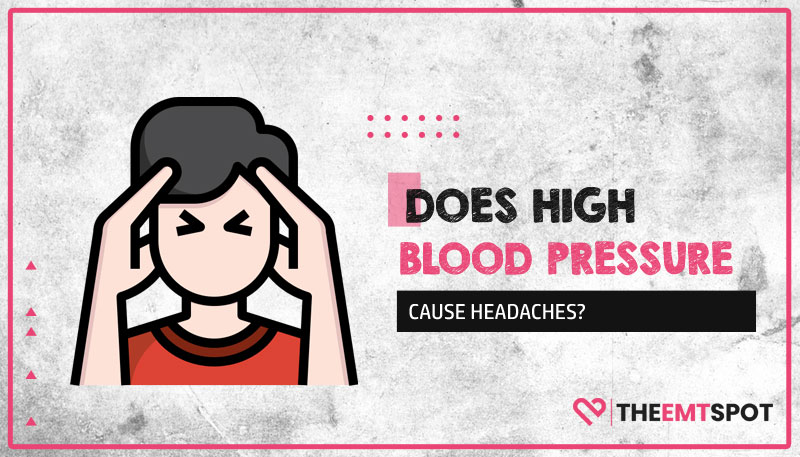
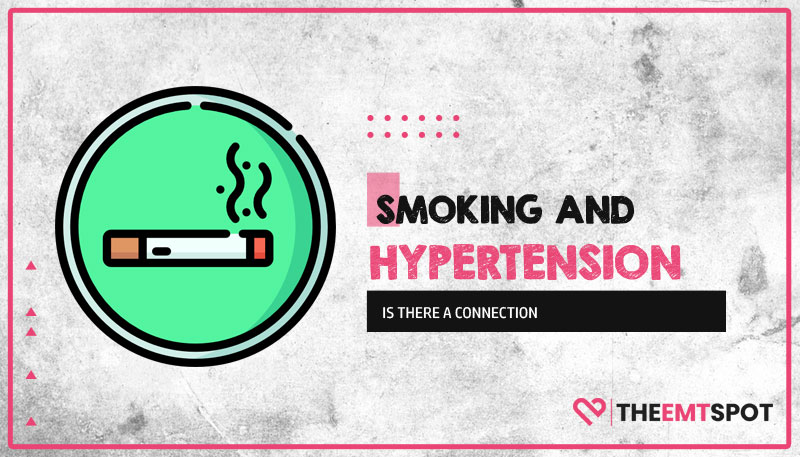
 Robin Backlund is a dedicated journalist and a medical student who has written several articles and essays exposing the falseness and hollowness of online resources in the medical science niche.
Robin Backlund is a dedicated journalist and a medical student who has written several articles and essays exposing the falseness and hollowness of online resources in the medical science niche.